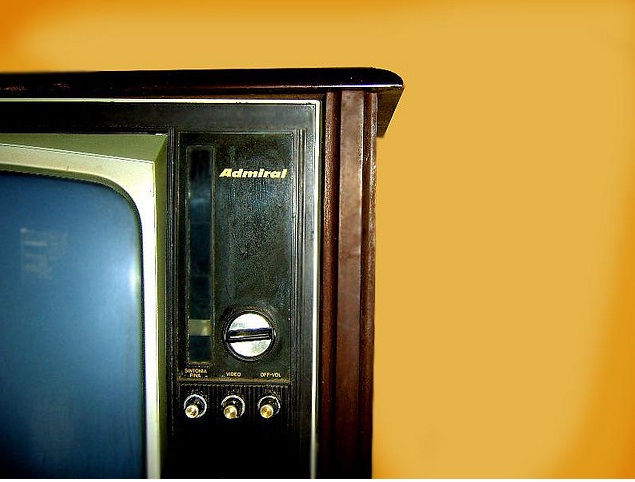Cablevision Accuses Fox of “Bad Faith” In Retrans Fight
San Francisco, October 25th, 2010 — Cablevision Systems on Monday accused Fox Television parent News Corp of violating federal regulations that govern the terms of negotiations underlying business agreements between video distributors and broadcasters. The move sets the stage for a potential interv

San Francisco, October 25th, 2010 — Cablevision Systems on Monday accused Fox Television parent News Corp of violating federal regulations that govern the terms of negotiations underlying business agreements between video distributors and broadcasters.
The move sets the stage for a potential intervention by the Federal Communications Commission, or failing that, legislative action in Congress.
Both Cablevision and Fox have been locked for more than a week in an impasse over the annual fees that Cablevision pays Fox for its television programming.
Cablevision says that Fox is demanding more than double the $70 million that it’s been paying for the programming, while a spokesman for Fox says that the company is not demanding that amount at all.
“For Cablevision to still be making those claims is yet another example of their ploy to secure an advantage through government intervention,” said Fox in a statement issued to the media.
“News Corp. never engaged in real negotiations, they only made a “take it or leave it” proposal for Fox 5, and they timed the Fox blackout to leverage major national sporting events to force Cablevision to accept unreasonable demands,” said Charles Schueler, Cablevision’s executive vice president of communications.
Fox said Cablevision is lying.
“From the genesis of our talks with Cablevision, Fox has negotiated in good faith. We have never made any “take it or leave it” demands, nor are we asking for $150 million in fees,” Fox said in its Monday statement on the negotiations.
Under the FCC’s rules that define what a “good faith” negotiation constitutes in retransmission consent negotiations, broadcasters are prohibited from offering a “single unilateral proposal” during the negotiations with video distributors such as cable companies and satellite companies.
The federal government has such rules governing the broadcasters because the broadcasters are using the public spectrum to transmit their programming.
And despite Fox’s rhetoric about government intervention in a private business dispute, the company benefits from such “government intervention” because existing law prohibits cable companies from going to other broadcasters to replace the programming that is being withheld by Fox.
Under pressure from lawmakers in Congress, William Lake, the FCC’s media bureau chief on Friday sent out a letter to both sides asking them to submit evidence that they’re negotiating in good faith, and to submit that information by close of business Monday.
It’s unclear what options the FCC has in light of the claims made by Cablevision on Monday, but its claims are likely to spark off at the least congressional hearings after the mid-term elections, and the airing of legislation proposed last week by Senate Communications Subcommittee Chairman Sen. John Kerry, D-Mass.
Cablevision is part of a wide-ranging coalition of cable companies, satellite companies, non-profit advocacy groups and think tanks that petitioned the commission earlier this year to change the rules regarding retransmission consent saying that they’re out of date.
Among other things, the group wants broadcasters to allow video distributors to continue to be able to transmit broadcast programming if the fee negotiations break down and the contracts between two sides expire.
For a detailed discussion about the retransmission consent debate, and to see what ideas have been floated in the policy community about how the law might change, check out the Intellectual Property Breakfast Club’s June discussion panel on the subject.
Photo courtesy of: Angel Raul Ravelo Rodriguez








Member discussion